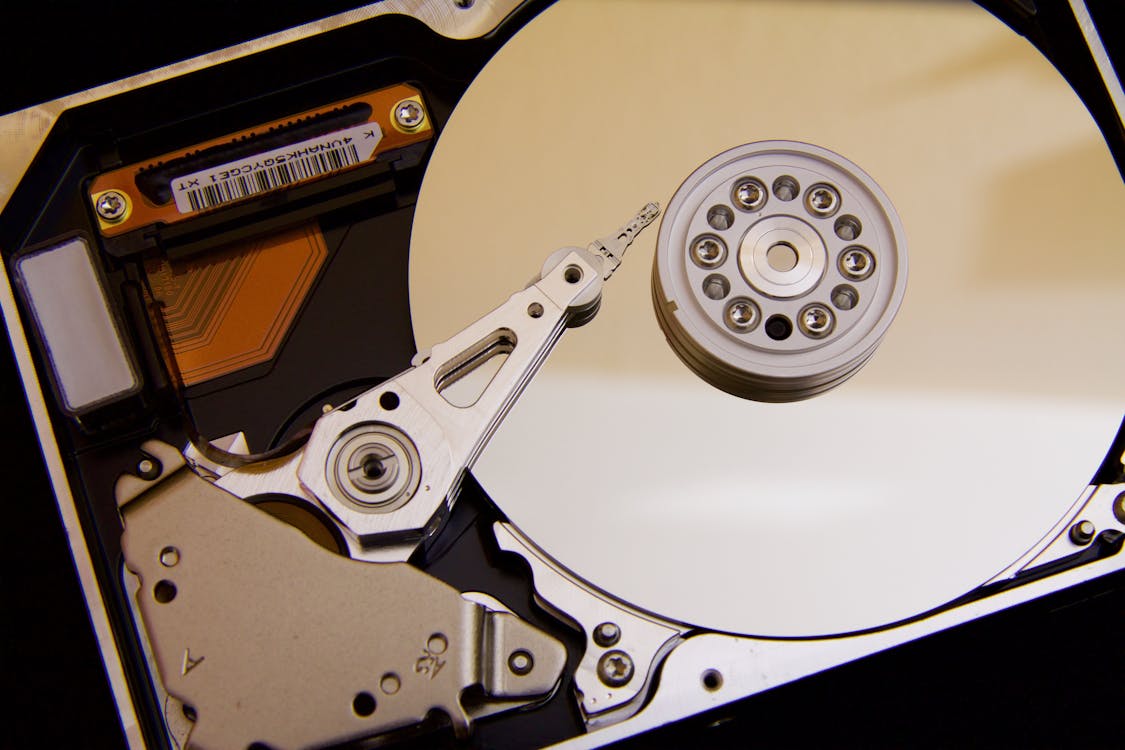12 Oct Remote Working: catching signs of hardware failure
Discovering basic signs of hardware failure

You know what’s not fun at all? Failure of hardware. Minding your own business, taking care of tasks, shutting the computer off only to find the next time you boot up the PC, things have gone awry. Worse yet, it’s the computer you use for work!
The distinct reality about technology is that, like everything, it suffers from wear-and-tear and components will eventually hit a point of termination. But when? Well, that’s the question, isn’t it? A decent PC build for say, business or personal work, can last anywhere between 5 to 10 years. But that’s still a guestimate. And, you have to remember that a PC is a sum of several parts, so it’s possible any one component can fizzle out.
Once something dies, though, the entire system is affected. It’s stressful, of course, because what if you lost important data? If the hard drive failed, are you just out of luck? Sadly, there is no pure fail-safe against hardware failure, but that’s okay! It’s an expected happenstance. The trick, like a lot of things, is a proactive approach.
Since you work remotely then, it’s helpful to recognize the signs of PC hardware failure. Not just for work, but for your own systems and devices too.
Hardware and hardware failure types
A PC is made of several parts and components: power supply, memory, CPU, GPU (integrated or not), motherboard, cable attachments, hard drives, and connection ports. Failure of these components can lead to a long list of issues, and if they fail completely, a PC that won’t start.
We’ll start with the most prominent components, such as your HDD.
HDD failure symptoms
You might notice bootup issues or sudden drags in PC speed, such as normal operations taking vastly longer than they should. The ability to save, move, edit, or copy files also becomes a problem. It could also indicate corruption within the operating system from malware or update issues, which are called “logical failures.”
Hardware failures are easier to catch but more dire. The dreaded “click of death” where the actual spinning disc is failing means the HDD is on the way out. Backups should be made as soon as possible. You can also use disc integrity checks to catch errors, but the type of software depends on your hardware maker (like Western Digital).
CPU failure symptoms
The central processing unit is another key piece of PC hardware, and something your computer can’t go without. Another problem is replacing them is very difficult, more so if you use a laptop.
A dead or dying CPU can result in a few symptoms, like a failure screen (the Blue Screen of Death). Or, your PC will freeze immediately or fail to start at all, like seeing a black screen when powering the system on.
Consider the reasons for potential failure. Is the system old? Was there a recent power surge from a storm? Did the system get too hot (and if so, that indicates issues with the fans)? If yes, these are likely causes to CPU failure.
General symptoms of hardware failure
Spotting problems with hardware comes with recognizing unusual PC behavior. The important distinction, though, is to make sure the issues are a result of hardware, not software. For example, both software and hardware problems can lead to lost data, so treating them correctly is important.
General failure symptoms include random freezes, shut offs, and unusual PC behavior. Overtaxed systems also respond slowly, such as when software exceeds a system’s specifications. This can also lead to overheating, and excess temperatures will cause damage to the rest of the system.
Handling hardware failure
Remote working means you won’t always have the resources available to deal with a potential failure if it occurs. The best thing to do is notate strange behavior of a system, like random shut-offs, along with any other details.
If a computer blue screens repeatedly, record whether or not something led to that failure. Afterward, let IT know what’s going on so actions can be taken.
In these scenarios, making backups is important. If you haven’t already, establish a backup plan in case of hardware failure.
Share this post:
Sorry, the comment form is closed at this time.